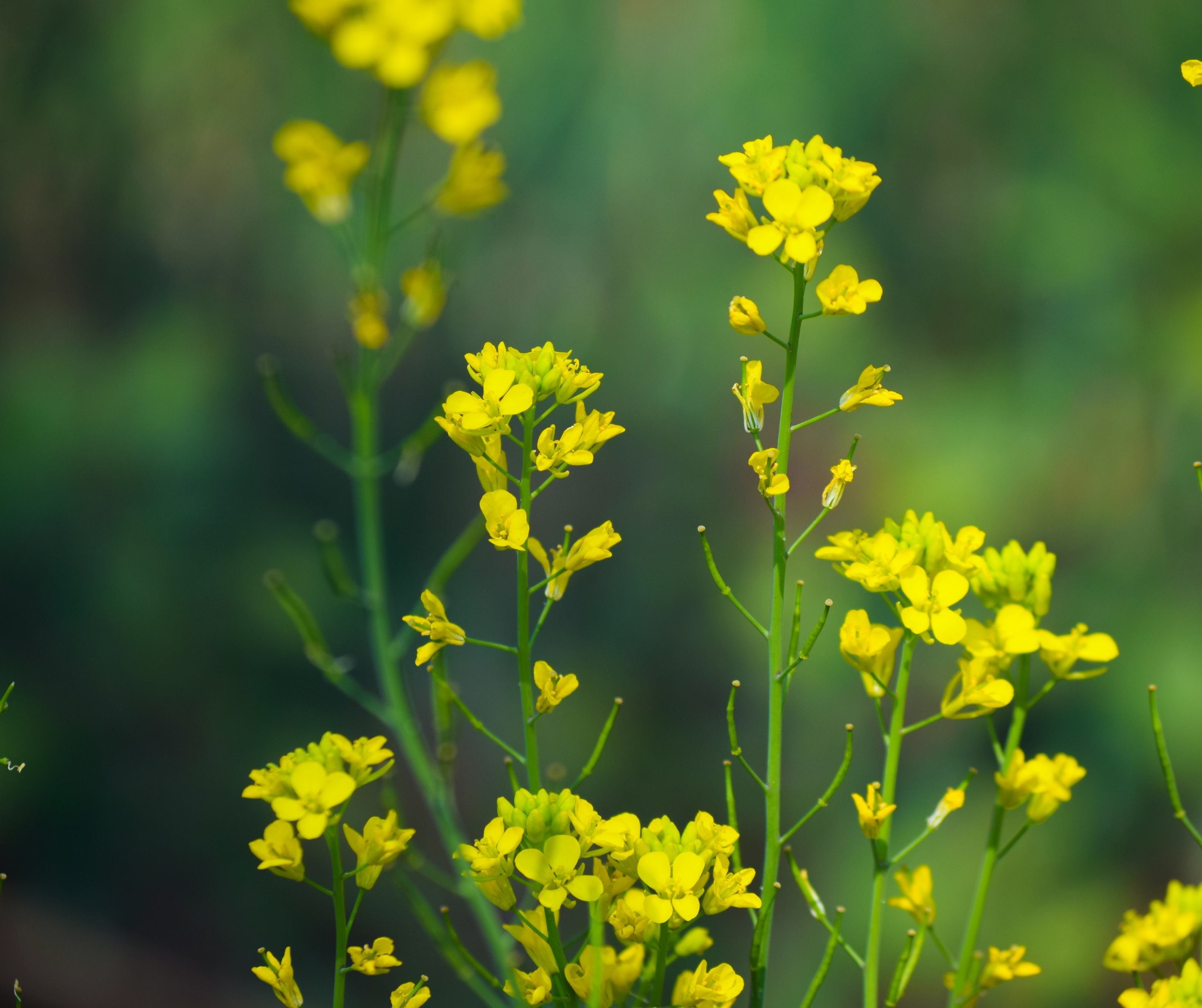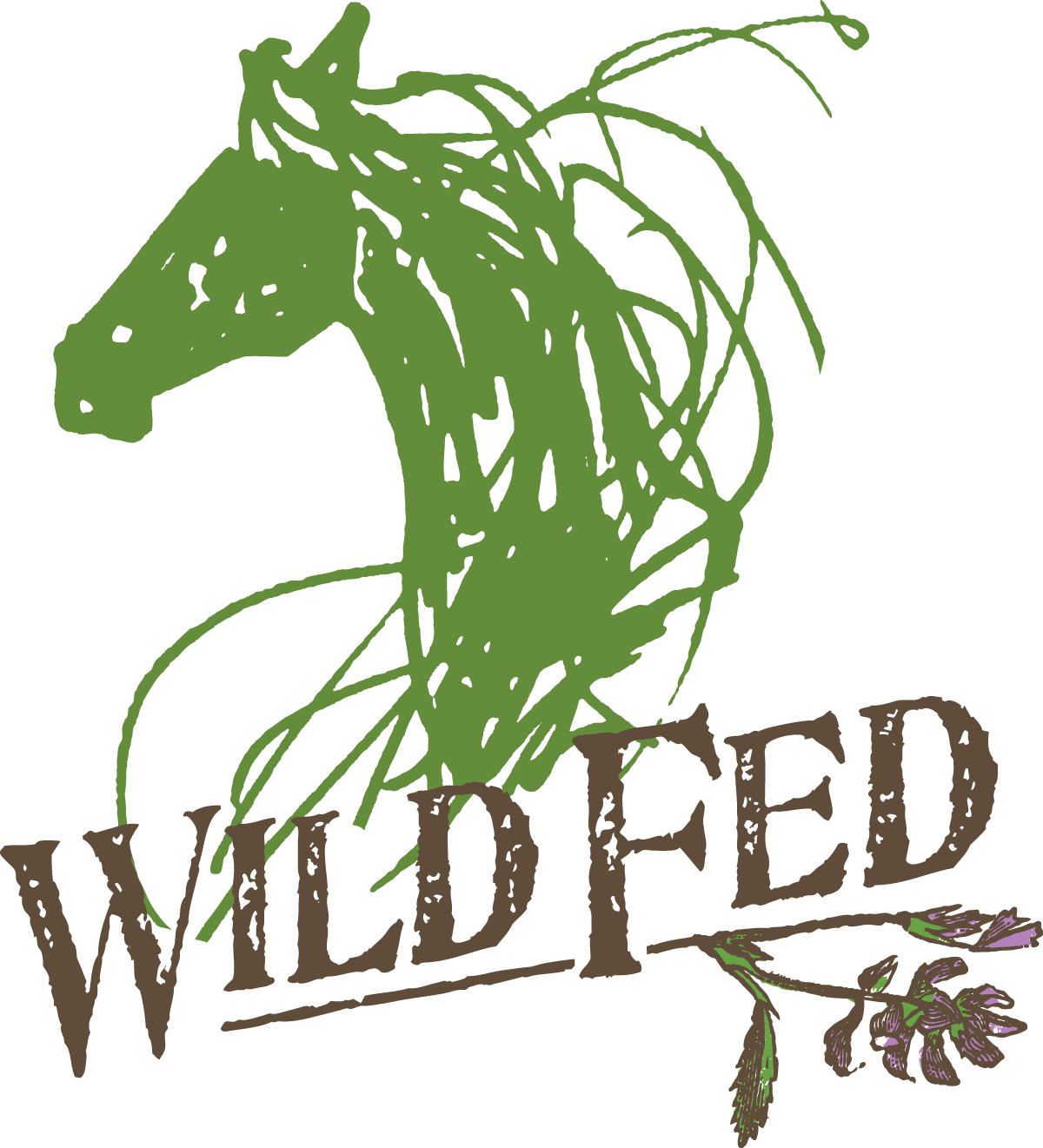
Are Mustard Family Plants Safe for my Horse?
In large quantities and in pregnant mares mustard family plants are not safe for horses! Find out why and how to identify mustard family plants.
In large quantities and in pregnant mares mustard family plants are not safe for horses! Find out why and how to identify mustard family plants.

First of all how do you identify a mustard plant?
Here are a few key features for the amateur herbalist:
- Flowers are often yellow in color and have four petals in a cross shape.
- Flowers and fruit are arranged spirally around a stalk.
- You will notice a mustardy or peppery odor. Some explain it as a sulfury type odor
- Leaves are typically located more densely at the base of the plant

What are the symptoms of consuming Mustard plants in horses?
According to the University of Missouri Columbia, mustard plants can cause “oral and gastrointestinal irritation is most common leading to head shaking, salivating, colic, abdominal pain, vomiting and possibly diarrhea. Generally, for problems to occur, large quantities have to be consumed over a period of time.”
In their article "Mustards a Concern for Horse Owners" Washington State University explains that mares who consume mustard in late pregnancy can trigger Congenital Hypothyroid Dysmaturity Syndrome in their foals. "Signs of the condition are: 1) Abnormally long pregnancy; 2) Foals commonly born with facial and lower jaw deformities; 3) Foals born with the fine skin and soft, silky hair coat of premature foals even though they are carried longer than normal; and 4) Deformities of the limbs. The abortion and fatality rate of the syndrome is quite high and many of the foals born alive have to be destroyed because of severe deformities." They do not mention how much of the mustard plants needs to be consumed to to develop this Syndrome.
Conclusion
The take home message is mustard consumed in small quantities in horses who are not pregnant pose minimal risk but when larger quantities are consumed it can be very problematic and should absolutely be avoided in pregnant mares.
My personal opinion is that while horses do not seem to always know to avoid toxic plants, horses do not like the taste of mustard plants and will naturally avoid it if other more delicious plants are present. However, they will likely not pick it out of hay if it is mixed in. Additionally if they are out in a very weedy pasture with little else to eat they will resort to eating toxic plants.
Food for thought...
Did you know that Canola (aka Rapeseed plant) and Camolina are both in the mustard family?
So should we be feeding these oils to our horses? Given what I have learned about the potential negative effects of mustard family plants it makes me wonder...
It is important to note that the toxic compounds in the mustards come from all the above ground parts and are most concentrated in the seeds.
I specialize in Gastrointestinal Disorders in Humans and have found that in many of my patients they are having reactions to Canola oil which is the predominant oil used in restaurants because it can be used at high heat.
Much Love- Dr. Samantha Wellspring


